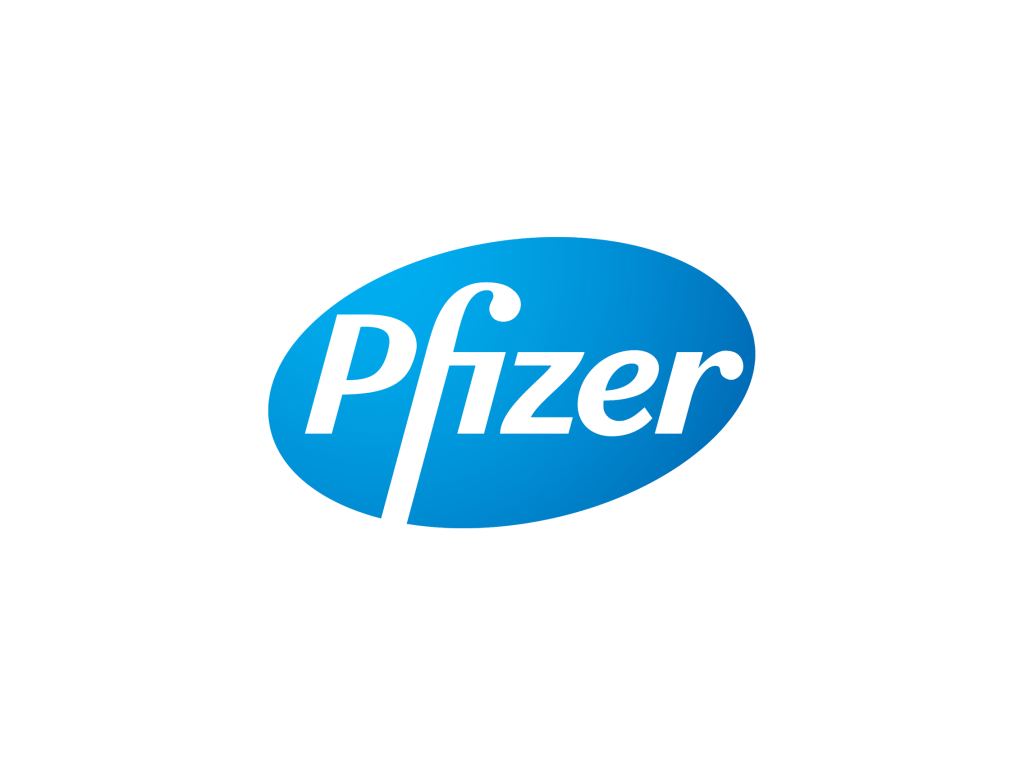Drugmakers Eli Lilly and Novo Nordisk have been stock market superstars in the past year as demand for their breakthrough weight loss drugs has soared.
Shares of Indiana-based Eli Lilly (NYSE: LLY) have climbed 130% in the past 12 months to their current price of $766.29 (figures in US dollars). Lilly markets the drug Mounjaro for Type 2 diabetics and Zepbound, a similar formulation, to treat obesity.
The value of shares in Denmark’s Novo Nordisk (NYSE: NOV), which markets Ozempic for diabetics and Wegovy for weight loss, has also taken off. They are 82% higher at the current price of US $130.37 (adjusted for a 2-for-1 split in September.)
The drugs were developed for diabetes management but their impact on obesity is what is fueling demand. They are taken as weekly injectables and stimulate insulin production. This slows digestion and makes people feel fuller, longer. They eat less and lose 15% or more of their body weight in a year on average. By losing weight, they reduce stress on their heart and other organs, cutting risks of heart attack and strokes.
The market potential is enormous. A recent article in British medical journal The Lancet calculates that 1 billion people globally are obese. The US National Institute of Diabetes and Digestive and Kidney Diseases (NIDDK) estimates that two in five Americans, or 136 million people, are obese. In China, where Novo Nordisk announced a $556 million expansion to a manufacturing facility last week, more than half of adults are now considered overweight.
Investors are wondering whether the big gains are over. The shares are certainly pricey. Both Lilly and Novo Nordisk have stratospheric price/earnings ratios, which means high expectations are built into current prices. But the consensus seems to be that the Ozempic era is just getting started. Both will face competition but have a big advantage. They have proven drugs, which have received regulatory approvals. They are both using their research to improve the formulations and also develop drugs for other conditions. Both are expanding manufacturing capabilities, but still cannot keep up with demand. It adds up to several years of competitive advantage.
I asked Paul MacDonald, Chief Investment Officer at Harvest ETFs in Oakville Ont. for his assessment. Mr. MacDonald manages the Harvest Healthcare Leaders Income ETF (TSX: HHL), which is Canada’s largest healthcare ETF. It holds Eli Lilly and Amgen (NDQ: AMGN), which is the early stages of trials for its weight loss drug.
“Are these drugs really a big deal? Unequivocally, yes,” he says. “They are potentially game changing.”

Mr. MacDonald says the cost to healthcare systems of obesity is huge because it influences so many other conditions. This includes heart attacks and strokes and stress to the liver and pancreas. The extra weight affects the need for hip and knee replacements and leads to chronic back pain.
That makes these drugs attractive to healthcare insurers, though in the US some are balking at the high cost. Ozempic and Wegovy are approved for use in Canada and cost far less than in the US with provincial approvals and drug plan coverage varying. For example, in Ontario, OHIP covers Ozempic, but not Wegovy or Lilly’s Mounjaro.
In the US, as more insurers approve their use, demand will grow. The market for weight loss drugs in the US was $2.5 billion three years ago. It is expected to hit $100 billion by 2030, according to Goldman Sachs. That projection is based on only 15% of the potential U.S. population needing the drugs using them.
“So, the stocks are expensive, but they’ve got huge amounts of growth ahead,” Mr. MacDonald says.
The potential is going to attract other players, but the advantage for now goes to the incumbents.
“Everybody is going to go after it,” he says. “But if you’re going to compete it’s going to take several years before it hits the market. You need production facilities, you need to have an approved drug, and a drug that is better than what’s already out there.”

Pfizer Inc. (NYSE: PFE) abandoned a once-a-day obesity pill because of concerns about liver safety. It is developing a twice-daily pill with a different formulation. Amgen is in early trials and sees some evidence its monthly injection helps patients keep the weight off after they stop taking it. This is an issue with the current treatments – the weight comes back once injections are discontinued. A below-the-radar California biotech startup, Viking Pharmaceuticals (NDQ:VKTX), is in early stage tests of a drug it says induces even more weight loss. Its shares are up 450% in the past year.
Mr. MacDonald believes investors should have some portion of their portfolio here. Not surprisingly, he favours the ETF route because the stocks can be included in a broader healthcare holding, which reduces the risk. Lilly and Amgen are each 4.5% holdings in HHL.
Other Canadian ETFs with weight loss holdings include the BMO Global Health Care ETF (NEO: BGHC), which has Novo Nordisk and Eli Lilly as its top holdings with a combined weighting of 17.5%. Another option is the TD Global Healthcare Leaders Index ETF (TSX: TDOC). It also holds Lilly and Novo Nordisk as the top two with a combined 4.8% weighting.
Mr. MacDonald says the broader implications of these drug formulations has yet to sink in. He cites early stage research into how the mechanisms can be used to treat such things as alcohol and drug addiction.
“These drugs are truly a very big deal,” he says.
This article appeared in the Internet Wealth Builder on Mar. 25, 2024. For information on how to reprint this article please view this page.

0 comments on “Weight loss drug era just starting: Analysts”